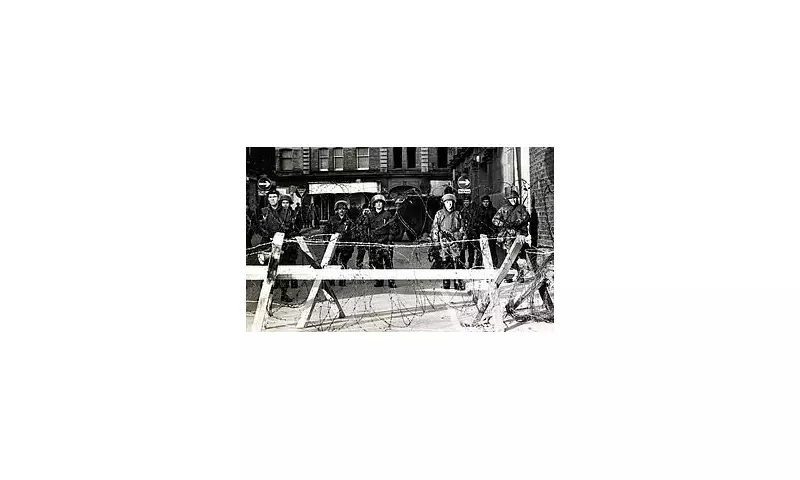
A former British paratrooper, now in his seventies and known only as Soldier F, has gone on trial for one of the most infamous chapters of The Troubles: the Bloody Sunday killings in Londonderry.
The veteran, whose identity is protected by a court order, faces two charges of murder and five of attempted murder relating to the events of January 30, 1972. On that day, British soldiers opened fire on a civil rights march, killing 13 unarmed civilians and wounding many others in a tragedy that galvanised the Irish Republican movement.
A Long Road to Justice
This landmark trial, taking place at Belfast Crown Court, is the result of a decades-long campaign for justice by the families of the victims. It follows a monumental 12-year inquiry by Lord Saville, which concluded in 2010 that the victims were all innocent and that the soldiers' actions were "unjustified and unjustifiable."
Soldier F is specifically accused of murdering James Wray and William McKinney, and of the attempted murder of Joseph Friel, Joseph Mahon, Michael Quinn, and Patrick O’Donnell. He has denied all charges.
The Weight of History in the Courtroom
The proceedings are fraught with historical significance. The defendant, an elderly man, listened intently as the prosecution outlined its case. The court was told that Soldier F's actions were not those of a soldier in peril, but were instead a series of deliberate shots fired at unarmed civilians who were fleeing or trying to help the wounded.
The case is uniquely complex, relying on forensic evidence and testimony that is over half a century old. The defence is expected to argue that Soldier F acted as any soldier would have in the perceived chaos and threat of the moment.
A City and Its Scars
For the city of Londonderry, also known as Derry, the trial reopens deep and lasting wounds. The events of Bloody Sunday profoundly worsened the conflict in Northern Ireland, fueling decades of further violence and cementing deep mistrust of the British state.
The outcome of this trial is being watched closely, not just by the families seeking closure, but by a nation still reconciling with its turbulent past. It represents one of the final legal reckonings with one of the darkest days of the thirty-year sectarian conflict.





